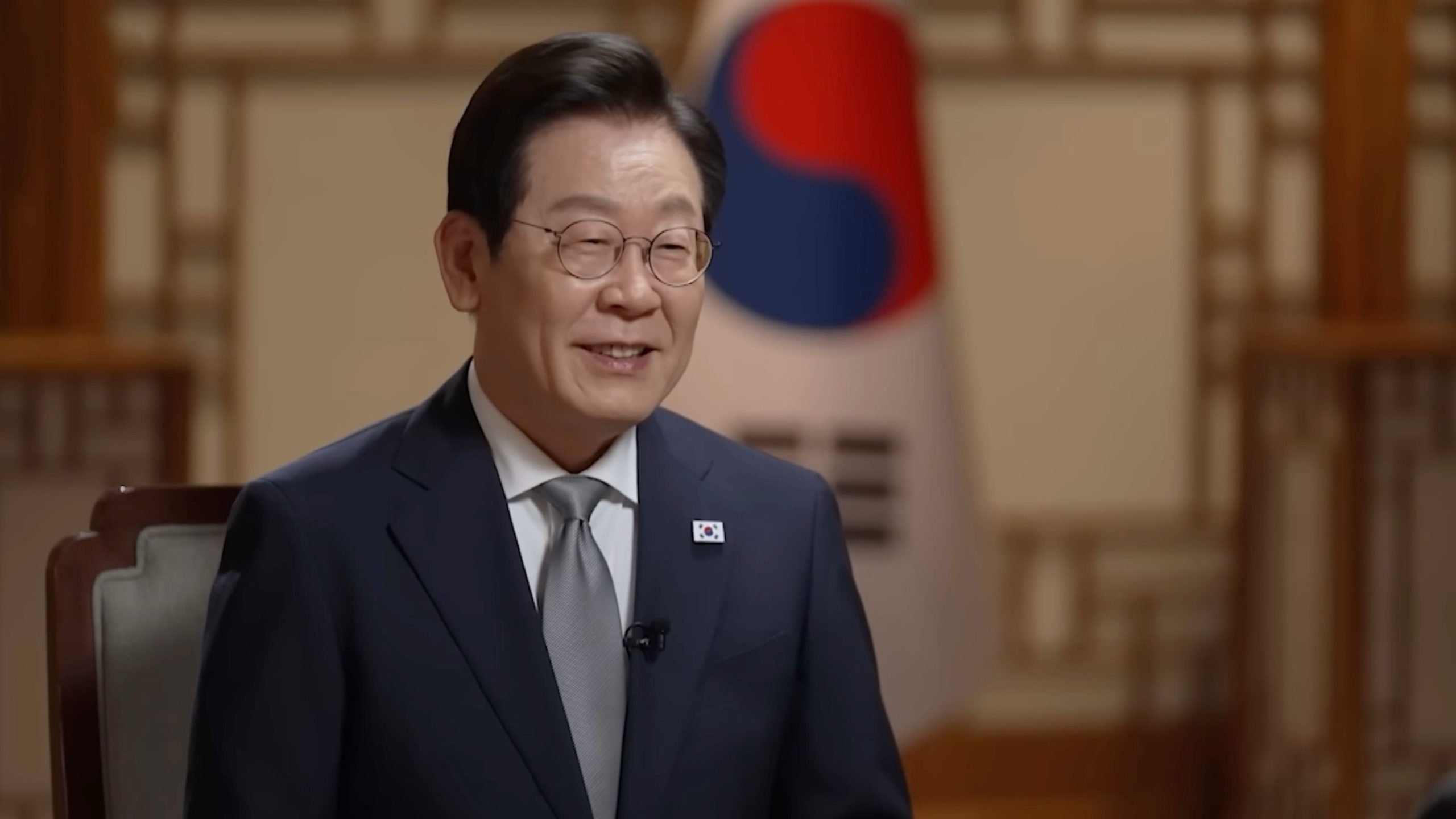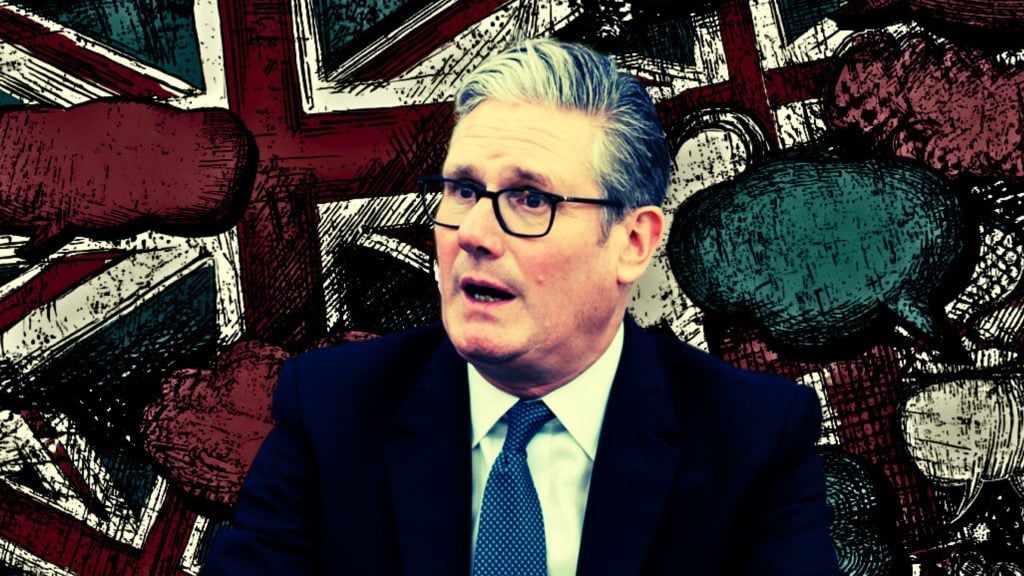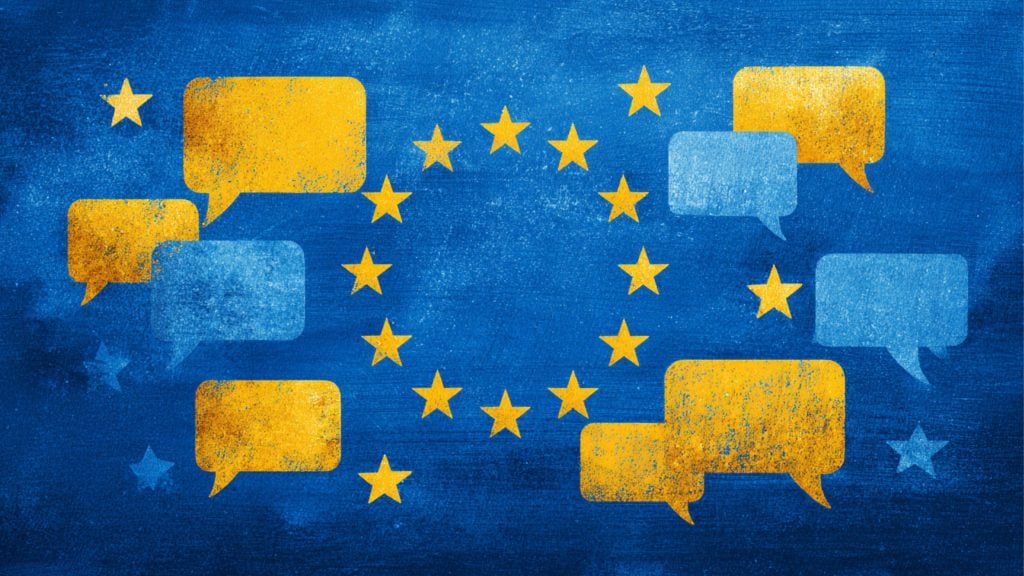Korean President Lee Jae Myung has pledged to impose strict punishments for spreading what he calls “misinformation” and for engaging in discriminatory speech, warning that such behavior divides society and threatens democracy.
“We can no longer overlook hate or disinformation disguised as opinion,” he said. “Acts that distort facts or violate human dignity are crimes that must be punished as such.”
Yet the president’s vow, made during a Cabinet meeting on Tuesday, has also deepened unease among free expression advocates who fear that broad definitions of “false information” could open the door to government overreach.
“Truly anachronistic discrimination and hatred based on race, origin, and nationality are rampant in some parts of society,” Lee said at the Yongsan presidential office in Seoul.
“As our society becomes increasingly polarized, these extreme expressions continue to exacerbate social unrest.”
The remarks come as groups hold anti-China protests in downtown Seoul, and after reports that the head of the Korean Red Cross made racist comments toward foreign diplomats.
Lee described such actions as “crimes” that threaten daily life and must be “eliminated.” He added that hate speech and falsehoods were “spreading indiscriminately” online and declared, “We can no longer tolerate this.”
He urged political leaders to help “eradicate these hate crimes and fabricated information.”
But that phrase, “fabricated information,” has caused worry that the government could classify dissenting political views or unpopular opinions as punishable offenses.
In recent months, activists, including supporters of impeached former President Yoon Suk Yeol, have staged demonstrations in areas like Myeong-dong and Daerim-dong, waving banners that read “China Out” and tearing down images of President Xi Jinping.
Their rallies have intensified following the restoration of visa-free entry for Chinese tour groups and Xi’s visit to the APEC summit in Gyeongju.
The animosity toward Beijing also reflects domestic political divides that widened after Yoon’s short-lived martial law order. His supporters accuse China of meddling in South Korean elections and claim the current government’s engagement with North Korea risks Communist influence.
Lee, in previous meetings, has condemned these anti-China protests as acts of “destruction” and directed officials to prevent further unrest.
However, such rhetoric has left some questioning whether the state is using the language of harmony to justify expanded control over public speech.
While Lee frames these initiatives as safeguards for democracy, they place the government in the role of deciding what speech crosses the line, a dangerous position in any democracy.



